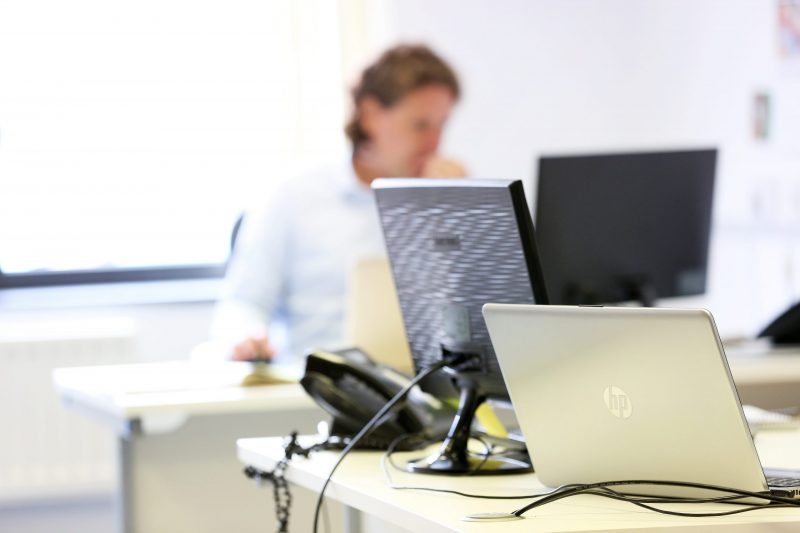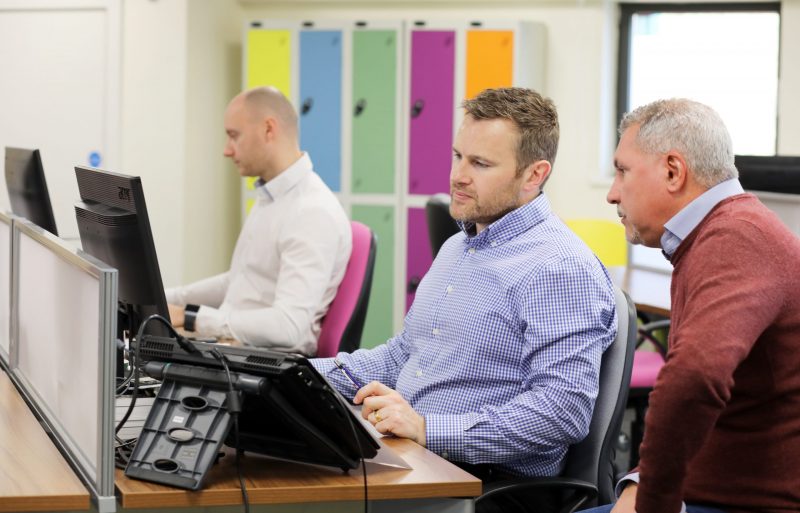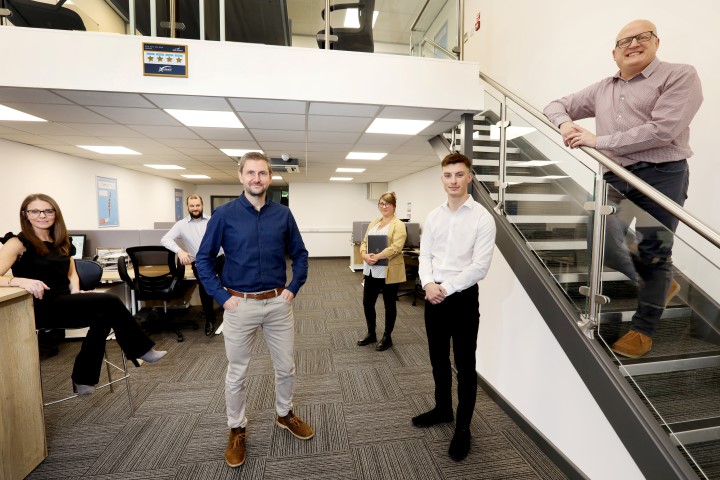Is the office really dead? Have we seen the end of the 9-5? What do people now want when it comes to workspace? And how can operators meet those requirements while providing a safe and positive workplace experience?
We put these questions to staff and tenants at the North East Business and Innovation Centre (BIC), which is home to over 140 businesses in Sunderland, to understand emerging workspace trends in a Covid-adjusted world.
Here are the top five ‘wants’ of today’s businesses when it comes to workspace.
1. A need for human interaction
Although some people retreated to their homes at the beginning of the pandemic, it wasn’t long before many realised working from home isn’t all it’s cracked up to be. BIC Chief Executive Paul McEldon said: “The role of the office in helping people achieve a healthy balance between work and home has never been clearer. Many people are valuing their office space more than ever before. Humans need other humans to remain inspired and productive. Many tenants are saying they can work from home but they just don’t want to. Companies are keen to get their people together again so we’re helping them adapt their spaces to accommodate social distancing. We’ve also expanded our co-working facility, to cope with demand from freelancers, sole traders and employees of large companies who want a professional work space.”
Sam Piplica of Sam Piplica Surveying Ltd is one such Open Space user. He said: “Working from home during the first Covid-19 lockdown was a headache. My wife’s a nurse, so I was a full-time dad by day and knackered, old surveyor by night! I was relieved to move into the BIC’s coworking space where I can focus much better on my business.”
2. A blended approach to home and office working
BIC Centre Manager Donna Surtees says the new normal for many will mean a few days in the office and a few at home. She said: “There’s been a distinct shift in the way businesses want to use workspace. The worldwide homeworking experiment of the pandemic meant many tried flexible working for the first time and have realised the benefits to both business and morale. They’re keen to give employees options and we’re being more flexible than ever to accommodate this shift so we can support tenants.”
Senga Kean, Director at on-site marketing agency dodio, said: “We value working smarter over working harder and by adopting a blended approach to home / office working that’s exactly what we’re doing. Our employees really benefit from the flexibility and produce some of their best work this way, which is a win-win for them and our clients.”
3. The right tech to help businesses flex
With many companies operating flexible working, the right technology is more important than ever to keep services consistent. The BIC’s IT Manager Colin Turnbull said: “If businesses are to take full advantage of ‘blended’ working, then teams need access to reliable IT and telecoms systems and the backup of a technical support team who can put things right quickly if they run into any issues.”
Paul Hampton, Director at Approved Mortgage Solutions, said the BIC’s TaaS online telecoms system meant his team was working from home within 20 minutes of lockdown being announced. He said: “The admins and advisers took their handsets home and simply plugged them into their router. It was seamless for anyone calling the office – there was no interruption to the service offered. This meant we didn’t lose any calls or miss any conversations. We’re back in the office now but this system gives us peace of mind and total flexibility going forwards.”
4. A safe space
It’s up to workspace operators to make people feel safe if they are to return to their usual place of work, says BIC Centre Manager Donna Surtees. “Regular cleaning, signage and sanitisers are all important steps we take in showing tenants that we take the safety of our community seriously. It comes back to human connection too. Our staff are really involved in helping tenants feel safe and answering their questions.”
Some businesses, such as Yusen Logistics UK, have expanded into larger spaces during the pandemic – not just to cope with increased business but also to provide extra space for staff. Branch Manager Andrew Lowes said: “We’ve moved into an office that’s double the size of our original unit at the BIC. We worked with the BIC team to completely reconfigure and refit an empty unit into our organisation’s first COVID-designed space.”
5. A workspace nearer to home
Many larger companies are decentralising and are spreading teams across regional office hubs in a move that is being referred to as the hub and spoke model. The BIC’s Special Projects Manager Lilla Preston said: “Research from global real estate services firm Cushman & Wakefield tells us that the emerging trend in large cities and other parts of the world to move away from expensive city centres and to create an ecosystem of different locations to support convenience, function and wellbeing. Individuals are expected to seek ‘driveable or walkable suburban offices’ near home in their thirst for social connections and work/life balance. Flexible office hubs, particularly those with space in out-of-town areas like ours, are perfectly placed to respond to this need from businesses of all shapes and sizes. As a social enterprise, the BIC’s core purpose is to support the needs of the regional economy, so we’re keeping our finger on the pulse of what is needed when it comes to work space and we’ll continue to adapt to meet those needs to give our highly-valued business community.”
To find out more about the flexible workspace options available here at the BIC, click here or call 0191 516 6200.


